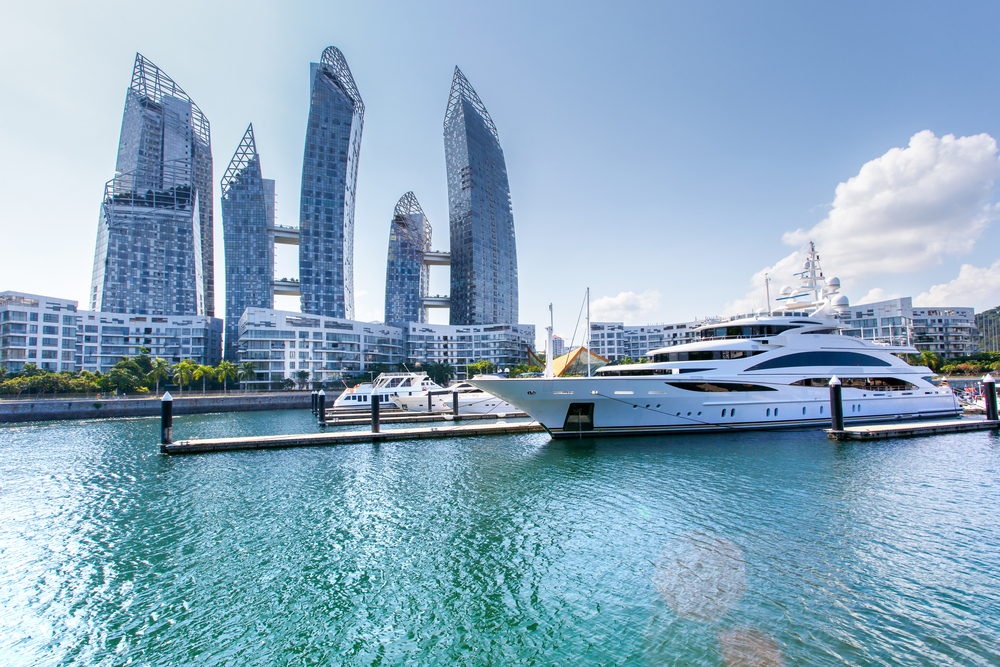Chinese buyers flock to Singapore to purchase luxury properties; good class bungalows up for grabs
Singapore’s luxury non-landed market saw a total of 110 transactions in Q3 2022

The Singapore Business Review reported that Singapore’s luxury non-landed market saw a total of 110 transactions in Q3 2022, unchanged from the previous quarter.
Despite having the same number of transactions, the total quantum invested in 3Q was USD1 billion, up by 15.5 percent QoQ. Chinese, American, and Malaysian nationals made up the majority of the demand.
INQUIRER.net showed that Mainland Chinese buyers accounted for about one-fifth of the 425 luxury units sold from January to August 2022, which cost more than USD3.5 million.
More: Singapore real estate attracts foreign buyers, mostly Chinese nationals
One Chinese entrepreneur spent more than USD60.1 million on 20 new units in central Singapore, while another Chinese buyer bought four units for around USD42.1 million.
This interest is projected to carry on throughout Q4 2022, as high net-worth individuals (HWIs) are using property as a hedge against inflation. Investing in Singapore properties becomes more affordable as the US dollar rises, contributing to the demand.
Meanwhile, three good class bungalows (GCB), the country’s most prestigious homes, are on sale in Nassim Road, a leafy, embassy-lined boulevard that stretches from the award-winning Botanic Gardens to the edge of the iconic Orchard Road shopping belt, as described by Channel News Asia.
Prospective buyers are expected to submit bids by 3 November for the coveted residences, which are expected to fetch a combined amount of approximately USD168 million.
Traditionally, GCB customers included more experienced professionals like doctors, entrepreneurs, and lawyers, reported The Business Times.
Recently, however, the profile of GCB buyers has changed to include young business owners, accomplished professionals, second- or third-generation members of old-money families, freshly minted affluent Singaporeans, and parents who acquire GCBs under trusts for their children who are currently minors.
This expansion can be attributed to the development of more young, wealthy IT entrepreneurs as a result of the booming digital economy.
The Property Report editors wrote this article. For more information, email: [email protected].
Recommended
Why everyone is moving to Selangor and Johor: Malaysia’s real estate comeback
Malaysia’s upturn in fortunes is especially prevalent in secondary destinations such as Selangor and Johor
Penang’s silicon boom: How the US-China tech war is supercharging local real estate
Penang’s booming semiconductor industry has created ripples within the local real estate sector
New leader, new opportunities: How Hun Manet is shaking up Cambodia’s real estate game
Hun Manet is overseeing decent economic growth and widening access to the country’s real estate market for foreigners
Singapore embraces inclusive housing reforms amid resilient demand
The Lion City’s regulatory strength continues to exert appeal for international investors








